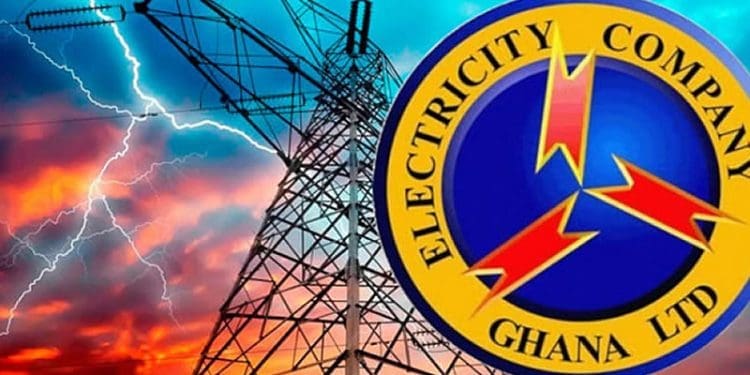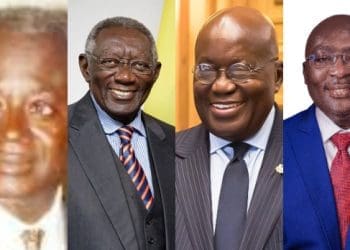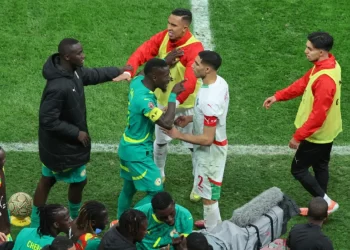The Electricity Company of Ghana (ECG) has terminated contracts with 202 service providers whose operations were found to negatively impact the company’s efficiency.
These companies were part of 347 audited service providers, of which many were flagged for underperformance and inefficiencies. According to ECG, the cancellations have freed the company from potential liabilities of more than $227 million.
ECG has also revised its agreement with Hubtel, reducing the firm’s commission from three per cent to 1.65 per cent, while streamlining the scope of services. Hubtel provides billing support and manages ECG’s Power App.
The General Manager for External Communications at ECG, Dr Charles Nii Ayiku Ayiku, revealed these developments in an interview with the Daily Graphic last Friday, following earlier remarks by ECG’s Managing Director, Julius Kpekpena, to Parliament’s Energy Committee.
Record revenue, tightened procurement
Dr. Ayiku noted that ECG recorded its highest-ever monthly revenue in July 2025, collecting GH¢1.74 billion. However, the audit revealed weak enforcement of procurement processes and several contracts that drained resources.
“So, the solution was to introduce new reforms, employ and tighten the company’s procurement processes through contract rationalisation,” he said.
He explained that the company was implementing reforms such as Enterprise Resource Planning (ERP), budget-driven controls, and competitive tendering. These, he said, ensure that supplies match operational needs: “So if we don’t need it, we would not procure it.”
With stricter procurement measures, he added, ECG expects to cut wasteful spending and save well over $200 million.
Compliance and accountability
Dr. Ayiku further said ECG remained committed to the cash waterfall mechanism despite allocations falling short of operational costs. “We would continue to comply,” he stressed.
On the matter of missing containers, he disclosed that investigations confirmed the containers were at the port but spread across multiple terminals. “There are so many terminals, so it was difficult to identify them, but with the support of the port authorities, we did that,” he explained.
Out of 2,500 containers, 33 are yet to be traced, while 1,000 have already been moved to ECG warehouses. “When we conclude this exercise, we will definitely inform Ghanaians about the status of the containers,” Dr. Ayiku assured.
He emphasised that ECG remains committed to ensuring a stable and reliable electricity supply nationwide.












